Woodworking and furniture products are not only made in large factories or as mass production. Small, joinery workshops are preferred when you want one-offs or very small series. There are a lot of carpentry workshops or small factories, which are more on the craft side of the industry. All these craftsmen share a great passion for wood and, with a few tools and minimal equipment, they can work wonders. There is a lot of information and recommendations for small workshops in terms of tooling, machining machines, programs, which I will not go into here. I will start from the stage of a workshop equipped with everything it needs, and then move on to the finishing.

The important thing for these workshops is to work with simple technologies and materials that are easy to apply and do not create problems, even with eco-friendly materials.
Materials that can be applied simply with a brush, cloth or sponge are very suitable.

Another very useful application that can solve many problems is imersia. To achieve the best result, it is advisable that the products used are specially formulated for dip application. An object dipped in an ordinary product will leak and the finish will be uneven. If it is dipped in a special dip product it will not have these defects.

The same is true for other application methods. For example, if we apply a thixotropic productFirst of all, it will not spread very well and after drying, the brush marks will remain visible.
Water soluble and eco-friendly materials are best.
Finishing materials must also be as non-hazardous as possible, since a workshop does not have the facilities and fittings of a factory. Waterborne and environmentally friendly products are highly prized (not all waterborne products are also environmentally friendly). Technologies must be simple and drying times as short as possible.
Waxes and oils are easiest to apply.
The easiest to use in workshop conditions are the heavens and oils. Their application is simple and the result is outstanding. There are now both waxes and water-soluble oils, which have the same end result as their solvent-based versions.
Coloring can also be done using water soluble products. There are products which, when added to baths, reduce the absorption into the wood and the drying time. Thus the wood fiber will rise less and sanding will be easier.
Don't buy materials in large packages.
It is advisable not to pack finishing materials in large packages. If the original packaging is opened, the material may deteriorate over time and change its characteristics. If the product is water dilutable this risk is even higher.
Create different zones for the operations you do.
As far as possible, the machining area should be separated from the finishing area because atmospheric dust will spoil the finish. Even in the finishing area it is good practice to have a separation of the application area from the parts drying area. For spray applications it is preferable to have a spray booth with water curtain or dry filter. Ventilation in the drying area is important, especially when using water soluble products.
I hope these details will help you avoid as many of the situations that create problems in your small workshop as possible.
Good to read about when the lake is not to blame or about other wood finishing techniques.






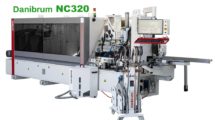

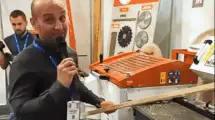





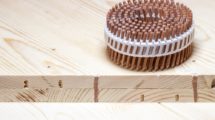


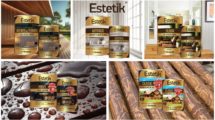

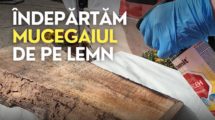






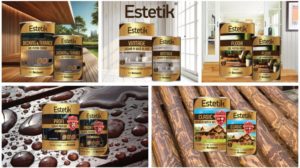
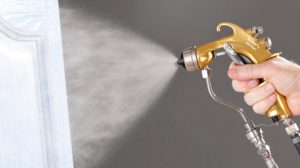
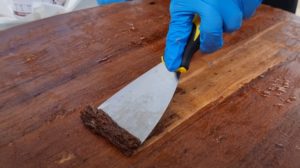
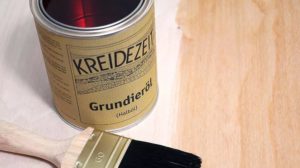






Add comment